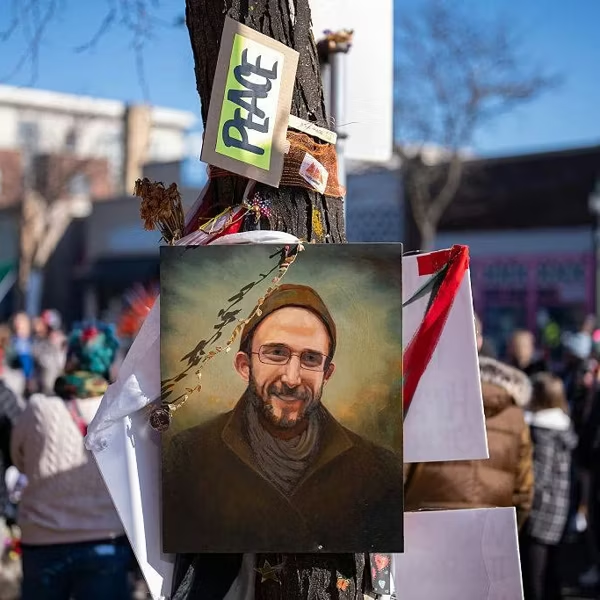Cariol Horne is my newest social justice hero. A Black Buffalo, New York police officer in 2006, she forcibly intervened when her fellow officer Gregory Kwiatkowski was viciously beating Neal Mack, a Black man.
Cariol Horne reaffirms my conviction that no matter the obstacles, if we hold fast to a vision of justice and keep moving toward it, we will indeed overcome.She heard Mack gasp, "I can't breathe" after Kwiatkowski put him in a chokehold, with a knee to the neck.
"Let him go!" she screamed.
But Kwiatkowski didn't move.
"Neal Mack looked like he was about to die," Horne reported. Desperate, she jumped on Kwiatkowski's back, trying to move him. He punched her face, damaging teeth, but she kept fighting until she was able to wrench him off. And Mack survived.
Yet instead of commendation, she got fired for "obstructing" a fellow officer who, far from being punished, was soon promoted to lieutenant. Because Horne had been vocal in her complaint, he sued her for defamation and won, with an award of $65,000.
She, a mother of five now without income, lived in her car.
Horne sued the Buffalo Police Department, determined to get her job back. She lost, but kept on appealing for thirteen years until finally, just last month (April, 2021), Judge Dennis Ward of New York Superior Court ruled in her favor. "While the Eric Garners and the George Floyds of the world never had a chance for a 'do over,' at least here the correction can be done," he said, reinstating all her back benefits.
Courage triumphed, and also showed us what true police protection could look like. Her intervention led to the Buffalo Common Council passing "Cariol's Law," imposing a legal duty on police to intervene. "Officers will no longer be able to stand by and watch or participate in police brutality," Horne said.
Simply "put your bodies upon the gears and upon the wheels ... upon the levers," Mario Savio famously said during Berkeley's 1964 Free Speech Movement, urging listeners to act whenever they saw injustice. That ethic, learned from my parents, was the core of our family values. A white woman who's often taken unpopular stands, I married a Black man when it was still illegal in half the states, worked full-time for racial justice, then married the woman I've now been with forty years.
But Cariol Horne inspires me to do more. I love how she jumped on her fellow officer, in one stride leaping over the blue wall as if it were nonexistent. And then her equity vision expanded so broadly she wrote a landmark law to benefit others as well as herself, and spent four years lobbying Buffalo to pass it. "Cariol's Law" is now a model to every city grappling with police complicity in murder.
Her persistence reminds me of the impact one determined person can make. She never gave up her fight, even when it looked hopeless, and saw her faith ultimately rewarded. Cariol Horne reaffirms my conviction that no matter the obstacles, if we hold fast to a vision of justice and keep moving toward it, we will indeed overcome.




